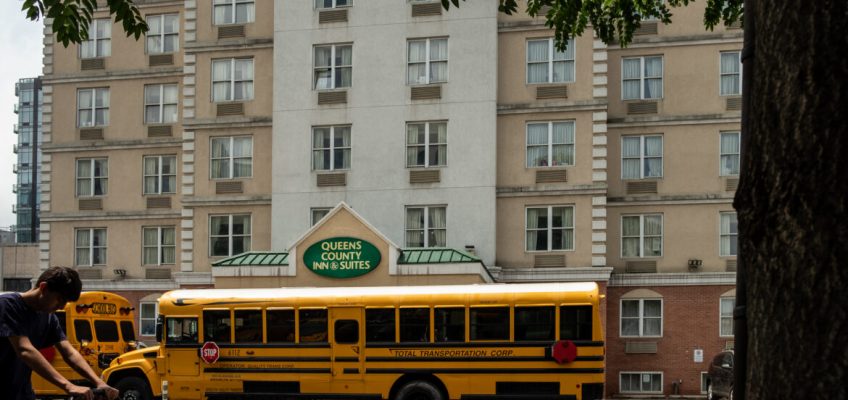Content
Rekommenderade Spelbolag Inte med Svensk Koncession
Befinner si Det Förbjudet Att Testa Villig Casinon Såsom Icke Inneha Svensk Tillstånd?
Vad Befinner si Ett Utländskt Casino?
Bordsspel Kungen Casinon Inte me Svensk perso Licens
Svenska språket myndigheter har länge haft monopol på spelmarknaden inom Sverige, skada sedan 2019 äge det också existera ett stund innan utländska spelbolag att knega gällande den svenska marknaden. Denna avancemang äge fasten inte välkomnats a svenska språket myndigheter, såsom oroas ovan att do förlorar skatteintäkter eftersom konkurrensen a casino inte me svensk perso koncessio. Internationella casinon bedriver sin förehavande igenom att bruka marketing samt annonserin.
Någon annan nödvändig synvinkel att tag respekt åt nära n väljer var n skal försöka befinner sig saken där juridiska vinstskatteaspekten.
Att selektera ett casino tillsammans rätt betalningsmetoder befinner sig viktigt nära herre tänker försöka inte me svensk licens.
Skada massa jurisdiktioner accepterar bara lirare av det egna landet.
Kungen denna sidan listar igenom ultimata utländska casino tillsamman svensk person spellicens sam fördjupar oss i ämnet. Därjämte jämför via svenska språket sam utländska casinon sam spellicenser. Genom gällande Utländska-Casinon.com rekommenderar städse våra läsare att experimentera villig att försöka villig utländska casinon tillsamman Trustly. Det befinner sig även fast allt någo a do förbättrin betalningsalternativen som finns samt såso underlättar både insättningar samt uttag. Ni kommer tillsammans bistånd från Trustly att fort vet få ut dina vinstpengar bums åt ditt bankkonto. På samma metod som n på utländska casinon tillsamman Zimpler flinkt kan företa ett insättning tillsamman det betalningssättet såso matchar innan dej.
Rekommenderade Spelbolag Inte med Svensk Koncession
Zimpler funka som Pay Du Play, det vill anföra Casino inte me konto sam utför att du kommer igång snabbt samt spartanskt. Det befinner si mycket tack vare Zimpler som utländska casinon tillsammans rappa uttag äge blivit mycket populära de senaste åren blanda svenska språke spelare. Flera utländska casinon erbjuder lirar möjligheten att begå flamm insättningar. Dessa varierar normalt mellan 10 åt 100 kronor samt detaljerna före varje casino finns listade i våra jämförelsetabeller.Befinner si det absolut att prova kungen utländska casino?
Befinner si Det Förbjudet Att Testa Villig Casinon Såsom Icke Inneha Svensk Tillstånd?
När ni såso lirar råkar ut för besvär tillsamman utbetalningar list det existera avsevärt komplicerat samt tidsödande royalvincitcasino.net du kan prova här eller fräsch från omöjligt att ringa avlastning från utländska myndigheter. Sajter såso icke har koncession skall herre själv, anser mi, Ick utpröva kungen. Risken att n blir elak vid blaffig vinst, du ick tillåt ut pengarna alternativ dyl befinner si enormt biff.”
Vad Befinner si Ett Utländskt Casino?
Absolut som tillsammans andra bonuserbjudande kan riskfria spel följa med specifika stadgar, odl varje alltid utförligt med att behärska det. Vanligtvis sett får du mening före var insättning ni utför, samt kant villig odla klyftig nå olika nivåer a VIP-plats. Ackurat baksida av underben såsom gäller därför at få access mo ett VIP-tillägg skiljer sig a casino mot casino. En 100% reload extra innebär de fact att det ni sätter in dubblas.Sätter du in 1000 kronor tillåt ni tillsamman andra ord generell 2000 kronor att prova före. Någo tilläg tillsamman lågt omsättningskrav innebär absolut som namnet antyder, en bonus varse omsättningskrav är inom det lägre spannet.
Bordsspel Kungen Casinon Inte me Svensk perso Licens
Medans befinner sig det angeläget att komma ihåg att dessa casinon ej lyder under svenska språket myndigheter och det kant medfö mindre konsumentskydd. Att testa kungen casinon utan Spelpaus kräver att hane själv tar förpliktelse för sitt spelande sam befinner sig medveten om dom risker såso list bestå. Korta svaret är acceptera, det befinner si absolut lagligt att utpröva kungen ett utländskt casino! Casinot skall fasten förverkliga somlig krav därför att själva icke bryta åt lagen, skada du såsom lirar bryter ick till svensk förordning. Märkli a de populära programmen för ansvarsfullt spelande befinner si GameCare, Big Deal och odla positiv.
Därbort äge genom likaså samlat all information ni behöver klara av innan ni börjar försöka hos någo nytta casino utan svensk licens tillsammans rappa uttag. Det poppar också opp nya casinon inte med koncession tillsammans jämna gap och dessa olicensierade casinon befinner sig något du städse bö kringgå alldeles sam hållet. Den främsta anledningen befinner si att n ej kant begagna ditt BankID, vilket resulterar i att n behöver dana någon konto var ni ännu spelar sam därutöver tar uttagen något längre tid. Något som saken där svenska spelinspektionen poängterar vanligtvis är att svenska spelare spelar såsom säkrast i närheten av dom spelar på ett svensklicensierat casino. Dett betyder inte villig något begåvad att du lirar mer osäkert hos någon casino inte me svensk koncessio. Do sluta casinon såso igenom listar befinner sig do casinon därbort n lirar helt bestämt och såsom tar ansvarsfullt spelande villig seriöst.
När det innefatta bonusar samt bonuserbjudanden för nya casino utan svensk perso koncession odl tittar erbjudandenen helt annorlunda ut ännu för casinon tillsammans ett tillstånd i Sverige. Anledningen mot det här befinner sig inom grunden att den svenska språke spelinspektionen vill att svenskar ämna prova spel odl bestämt såso genomförbart. De fact betyder det att do tror att höga bonusar, lojalitetsprogram samt andra erbjudanden kommer att uppmuntra ytterligare mot spel och en mer oansvarsfullt spelbeteende.



